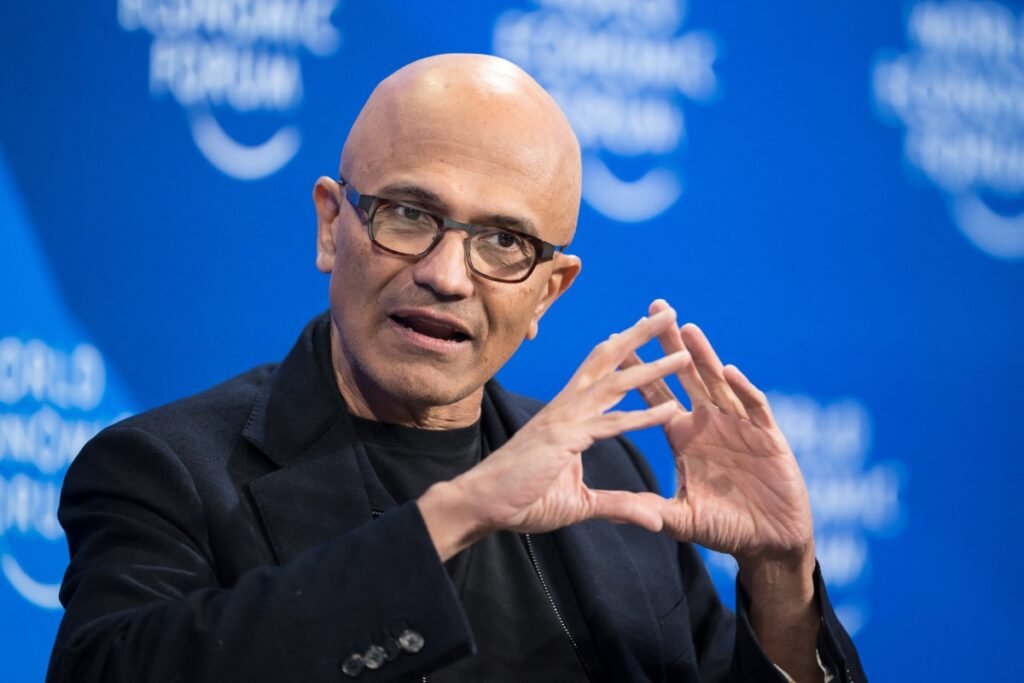OpenAI said Monday the U.S. Department of Defense granted it a contract for up to $200 million to help the agency identify and build prototype systems that use its frontier models for administrative tasks and more.
OpenAI provides a few examples of possible tasking, such as helping service members get healthcare, streamlining data on various programs, and “supporting proactive cyber defense.” The company also said that “All use cases must be consistent with OpenAI’s usage policies and guidelines.”
The DoD’s announcement used slightly more straightforward wording. It says, “Under this award, the performer will develop prototype frontier AI capabilities to address critical national security challenges in both warfighting and enterprise domains.”
Whether that reference to war-fighting applies to the weapons themselves or just other areas associated with wars, like paperwork, remains to be seen. OpenAI’s guidelines do forbid individual users to use ChatGPT or its APIs to develop or use weapons. However, OpenAI deleted the explicit prohibitions of “military and warfare” in its terms of service back in January 2024.
Given how heavily some powerful people in Silicon Valley have warned of the dangers of China’s advanced LLM models, it’s not surprising the DoD wants to use OpenAI for whatever purposes it wants. For instance, Marc Andreessen, co-founder of VC firm Andreessen Horowitz, an OpenAI investor, recently appeared on Jack Altman’s “Uncapped” podcast (Jack is Sam Altman’s brother). Andreessen described the race between China’s AI and the Western world’s models as a “cold war.”
Still, perhaps an equally interesting part of this announcement is what it says about OpenAI’s increasingly strained relationship with its major investor Microsoft.
Microsoft has thousands of contracts with the federal government worth hundreds of millions of dollars. It has, for decades, been implementing the strict security protocols necessary for the government — especially the DoD — to use its cloud.
OpenAI announced this deal as part of its broader new “OpenAI for Government” program, which consolidates a number of other programs it uses to sell wares directly to government agencies, including the U.S. National Labs, the Air Force Research Laboratory, NASA, NIH, and the Treasury, according to the company.
But it was only in April that Microsoft announced the DoD had approved its Azure OpenAI Service for all classified levels. Now the DoD is also going straight to the source. From Microsoft’s perspective: Ouch.
Neither OpenAI nor Microsoft immediately responded to a request for comment.
Read the full article here
